Crazy Chicken Guitar Pedals
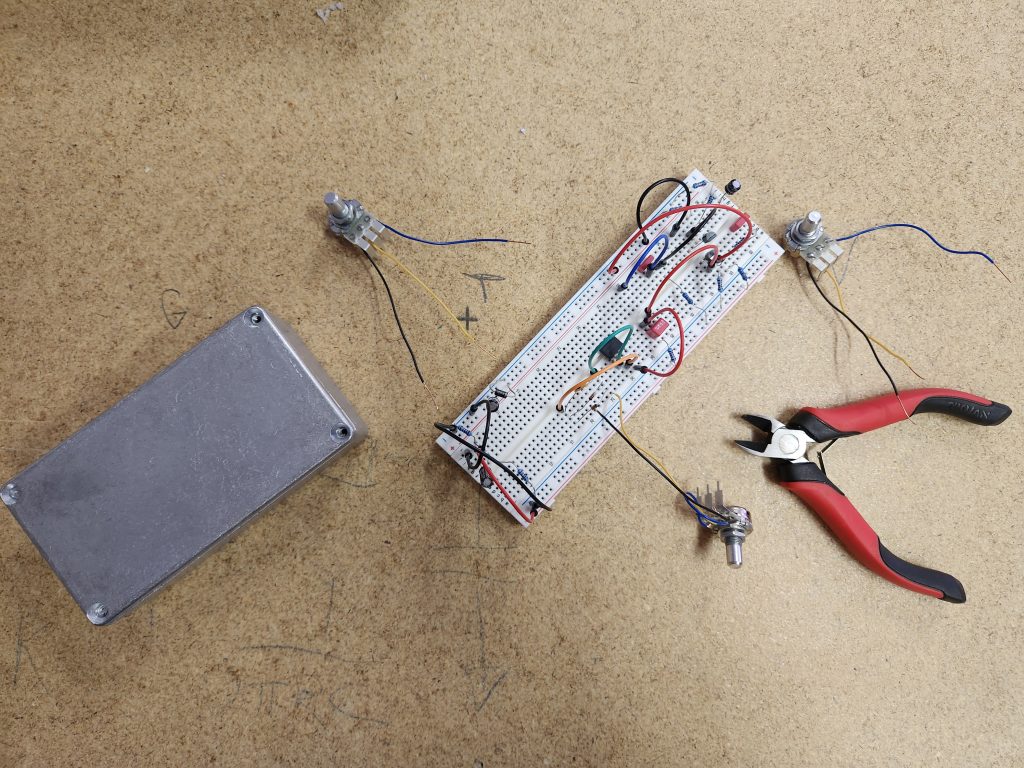 Welcome!
Welcome!
Here’s my website about guitar pedals, mostly DIY guitar pedals/making and building your own guitar pedals, but we’ll also see where this adventure takes us.
I’ve made this site because I enjoy making my own guitar pedals and want to share my hobby with other people, give them some advice, and encourage them to take up the hobby of making their own guitar pedals as well.
I also find that having a website like this helps me learn more about making guitar pedals and electronics in general. You pick up a lot of random knowledge with this hobby, but sometimes forget to ask “why.” Let’s find out together.
Recent DIY Guitar Pedal Posts
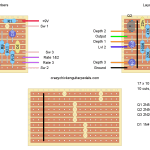
EarthQuaker Devices Hummingbird Tremolo On Stripboard
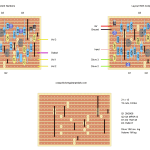
Roger Mayer Octavia On Stripboard
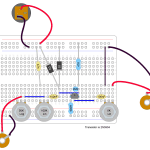
Building A Simple Distortion Pedal Based On The Electra Distortion
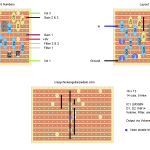
ProCo Rat On Stripboard
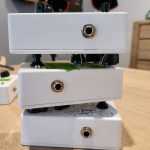
What Is Gain Stacking And How Do You Do It?
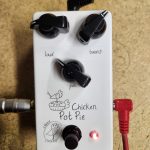
How To Get Started Building Guitar Effects Pedals
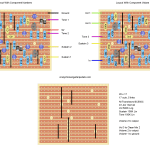
Electro-Harmonix Big Muff On Stripboard
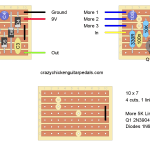
EartherQuaker Devices Speaker Cranker On Stripboard
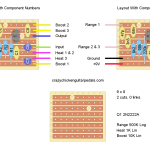
Catalinbread Naga Viper On Stripboard
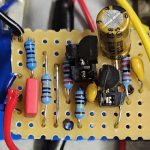
How To Make A Distortion Pedal
